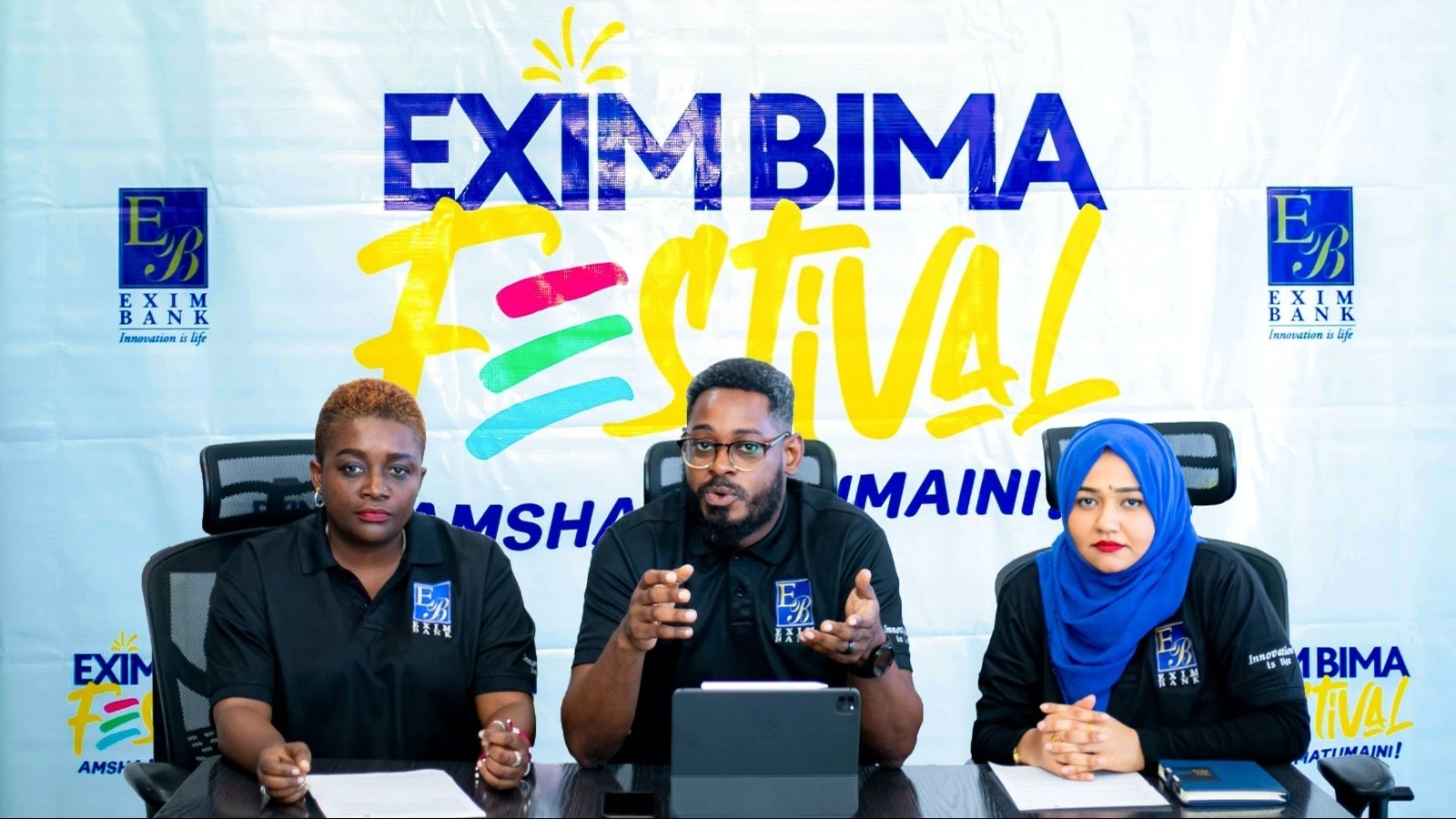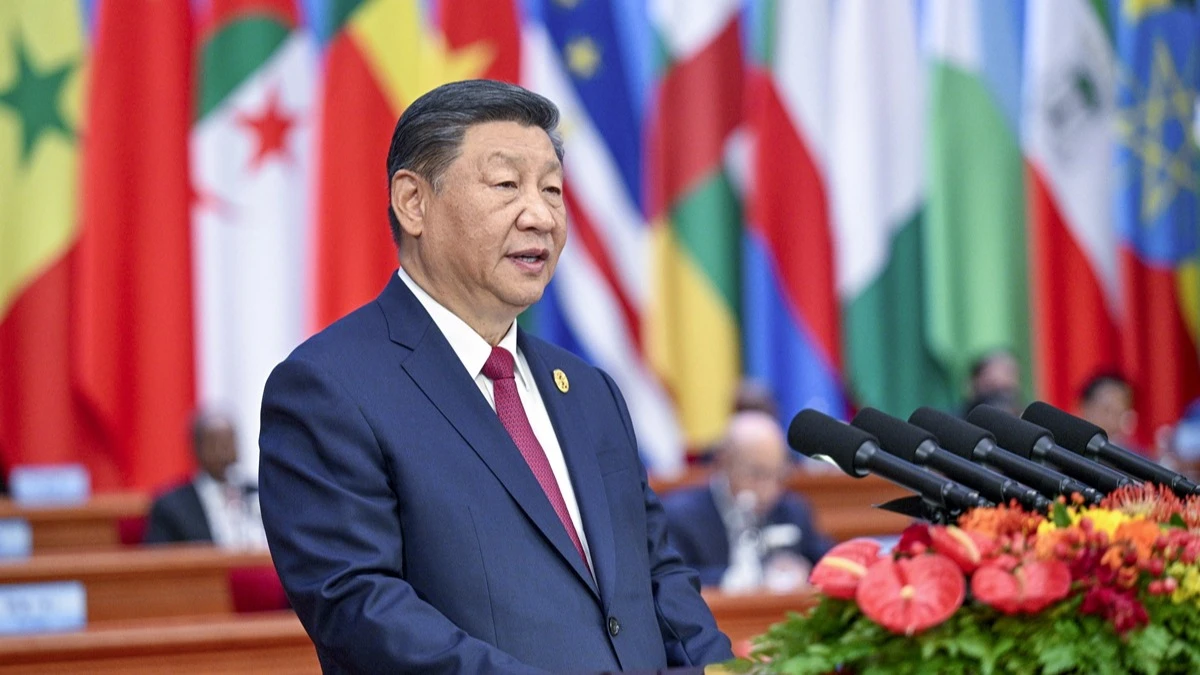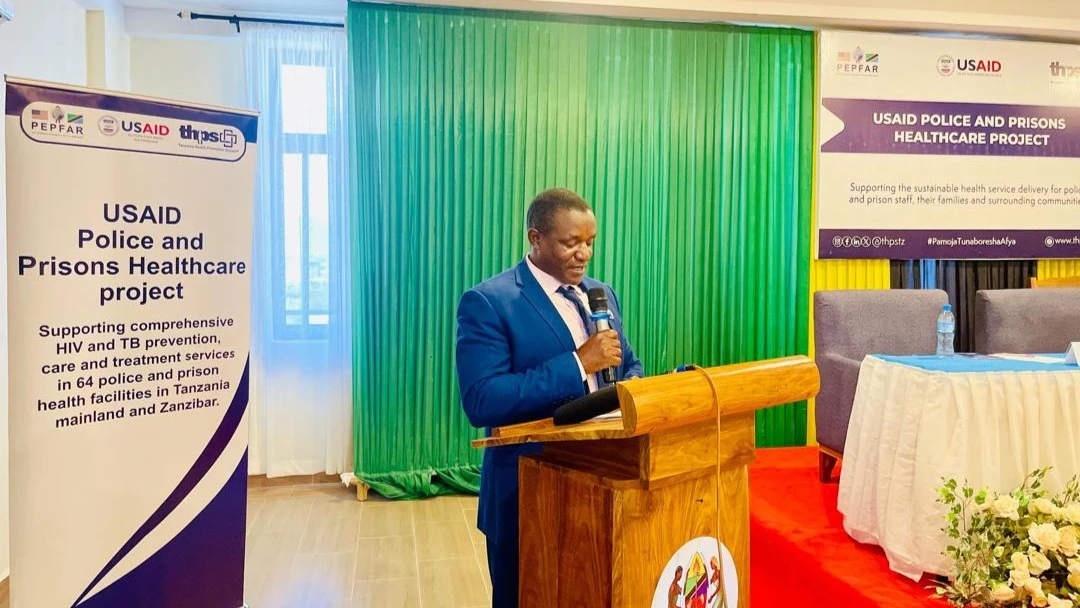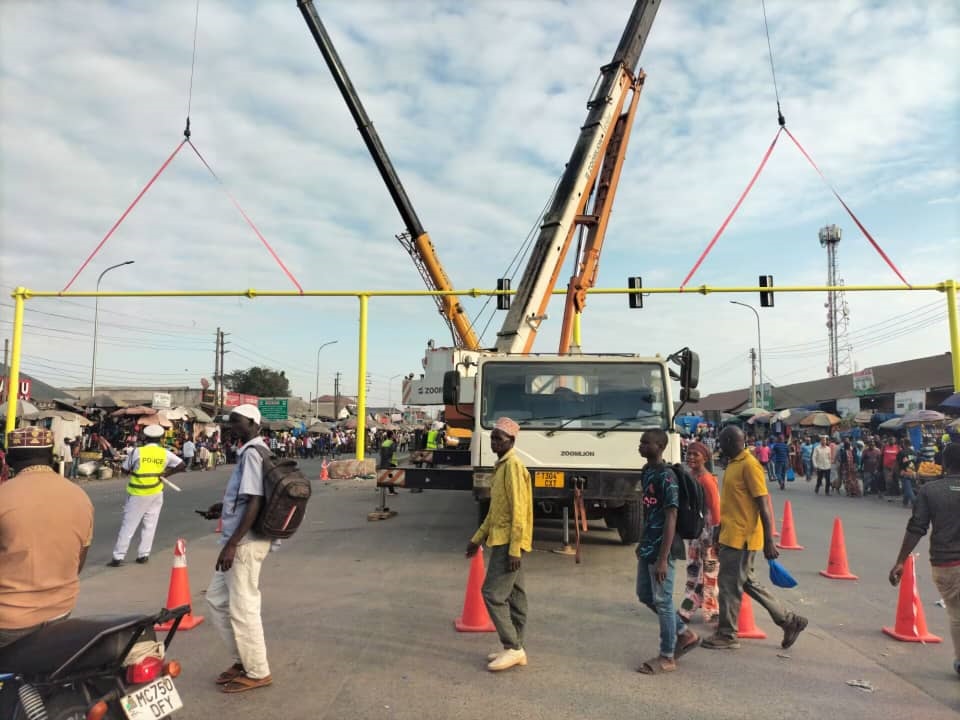Institute gets on tracer studies for its graduates

THE Dar es Salaam Institute of Technology (DIT) has embarked on tracer studies of its graduates to assess the impact of the education they provide in the labour market.
Dr Petro Pesha, DIT's acting academic director unveiled this in Dar es Salaam on Wednesday when speaking at the seminar on the dissemination of the tracer study results.
Dr Pesha said the study has helped them to evaluate the relevance of their programs and change where necessary so that they cope with the changing world in the labour market.
He said DIT has for a long time committed to advancing its corporate strategic plans aligned with its vision and mission adding that its goal is to support the government’s ambitious agenda of transforming Tanzania into an industrialized economy by 2025.
“This aspiration necessitates a robust framework of highly skilled professionals trained under the competence-based education and training CBET system, equipped not only to innovate but to lead in technological advancement and industrial research,” he said.
He said DIT plays a key role in sustaining the nation's economy by supplying a highly skilled workforce to the industry adding that underscores the importance of periodic monitoring evaluation of their graduates to ensure their programs remain relevant and effective.
“In the academic year 2023/2024 DIT through the EASTRIP project conducted a tracer study of the 2022 graduates to assess the impact of our education on the labour market and evaluate the relevance of our programme,” he said.
He added that the study aimed to examine three key areas, one being the relevance and quality where they have examined the perceptions of 2022 graduates and employers regarding the relevance of the curriculum and the quality of teaching.
He mentioned another area of study graduate employment where they explored the attitudes of the graduates themselves towards job quality, the relevance of their education, and the effectiveness of their TVET training in securing employment.
Prof Pesha mentioned another area of the study of employer satisfaction where they investigated the perspective of employers regarding the quality of employees recruited from the pool of TVET graduates.
He said initially DIT targeted a survey of all 1,030 2022 ordinary diploma and bachelor graduates and after a thorough cleaning process; they achieved a qualified response rate of 40.2 percent with 400 responses.
He said the findings of the study will provide valuable insight into the current state of the DIT graduates' integration into the labour market, the effectiveness of the institute program and areas where they can make improvements.
He said that they had been doing curriculum research before starting to use it, adding that this has helped them produce qualified graduates on the job market as the studies they have done have shown.
“We attach our students to industries to get practical training that is why we meet the quality that is needed in the market and in delivering we ensure we deliver what is required in the market,” he said.
Dr Ambele Mtafya, DIT Chairperson of Tracer Study Committee said the aim of the tracer study is to check the quality of their graduates if they have standards that are acceptable nationally and internationally in the labor market.
He said that many colleges have been providing training without looking for feedback from their graduates, which causes them sometimes to fail to know what the market needs.
"We are checking if there is a curriculum problem we revise it and we have done four studies so far and mostly we are looking at the rate of employment six months after they graduate because if the program they studied is hot in the market we expect within six months they will be employed or self-employed," he said.
He said that 30 percent of the graduates who were interviewed in the study said they had not found employment while the remaining percent were self-employed and some were employed while others were continuing their studies at various levels.
Top Headlines
© 2024 IPPMEDIA.COM. ALL RIGHTS RESERVED






















